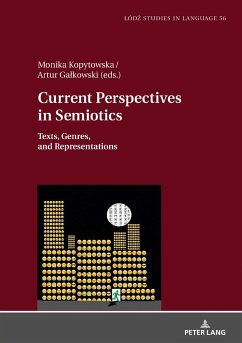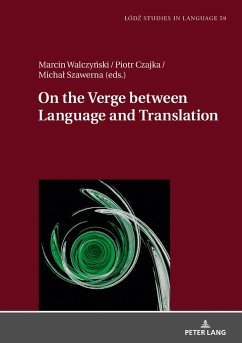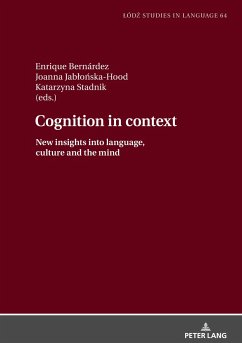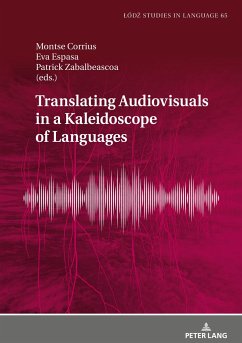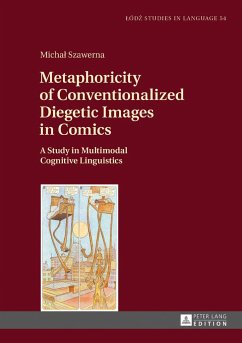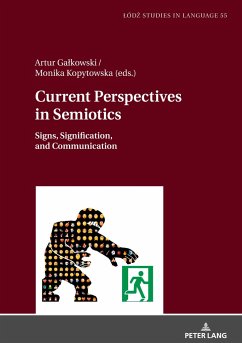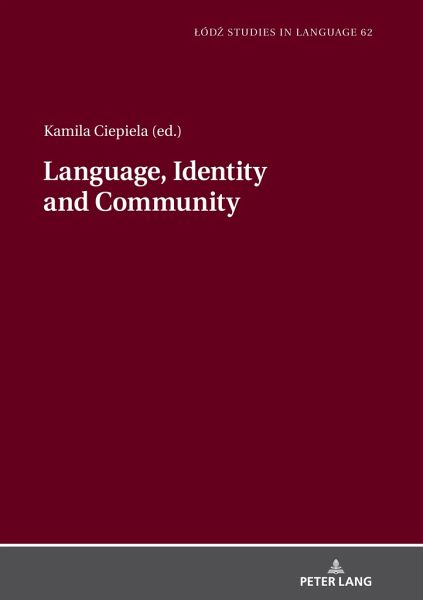
Language, Identity and Community
Versandkostenfrei!
Versandfertig in 6-10 Tagen
72,65 €
inkl. MwSt.

PAYBACK Punkte
0 °P sammeln!
The book brings to the fore the issue of collective identity and analyzes it from the linguistic perspective. Addressing the problem, the authors demonstrate ways in which the language we use in everyday life enables us to construct and perform in a flexible and context-bound manner the sense of our belonging in a community. They offer some rich data and present strong arguments in favor of qualitative methodologies for research in the field. Drawing on numerous interactional settings, and amongst different communities, the contributors shed new light on how our language practices and non-verb...
The book brings to the fore the issue of collective identity and analyzes it from the linguistic perspective. Addressing the problem, the authors demonstrate ways in which the language we use in everyday life enables us to construct and perform in a flexible and context-bound manner the sense of our belonging in a community. They offer some rich data and present strong arguments in favor of qualitative methodologies for research in the field. Drawing on numerous interactional settings, and amongst different communities, the contributors shed new light on how our language practices and non-verbal behaviors mold our collective identities.





